Genetics
-
 Genetics
GeneticsIvory DNA pinpoints poaching hot spots
Genetic analysis of ivory DNA reveals major poaching hot spots in Africa.
By Meghan Rosen -
 Anthropology
AnthropologyKennewick Man’s DNA links him to present-day Native Americans
Genetic analysis of Kennewick Man suggests that the ancient Pacific Northwest man was most closely related to modern Native Americans, not Polynesians.
By Bruce Bower -
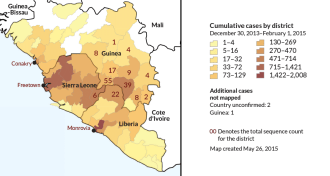 Genetics
GeneticsEbola continues to shift, but grows no more fatal
In the West African epidemic, Ebola evolved and spread quickly, but the virus is not becoming deadlier over time.
-
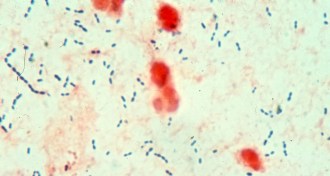 Genetics
GeneticsPneumonia bacteria attacks lungs with toxic weaponry
Some strains of the bacteria that causes pneumonia splash lung cells with hydrogen peroxide to mess with DNA and kill cells, a new study suggests.
-
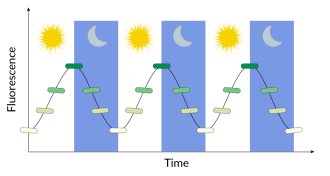 Genetics
GeneticsA circadian clock transplant gives E. coli rhythm
Clockworks from algae built into E. coli may hold future jet lag treatment.
-
 Archaeology
ArchaeologyBronze Age humans racked up travel miles
A new study indicates long journeys and unexpected genetic links in Bronze Age Eurasian cultures.
-
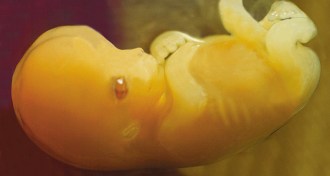 Genetics
GeneticsDNA tags mostly deleted in human germ cells
Human embryos come with some heavy-duty erasers. Chemical tags on DNA get mostly wiped out in the womb.
By Meghan Rosen -
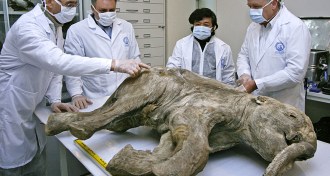 Genetics
GeneticsExtinct species may get a second chance
An evolutionary biologist explains the obstacles scientists must overcome to revive extinct species.
-
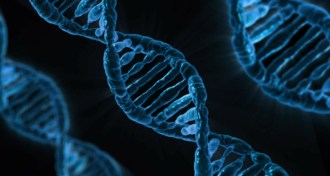 Genetics
GeneticsWhite House hits pause on editing human germline cells
The White House has hit pause, for now, on clinical experiments that could alter the human germ line.
-
 Genetics
GeneticsGenes and environment balance each other
Genes and environment have equal influence on human traits.
-
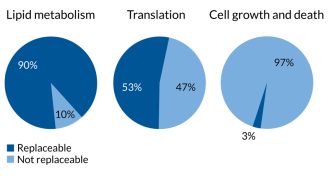 Genetics
GeneticsA billion years of evolution doesn’t change some genes
Human genes can substitute for 47 percent of essential genes in baker’s yeast, new research shows.
-
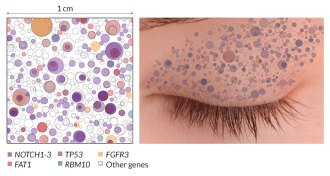 Genetics
GeneticsMutations that drive cancer lurk in healthy skin
Healthy tissue carries mutations that drive cancer, samples of normal skin cells show.